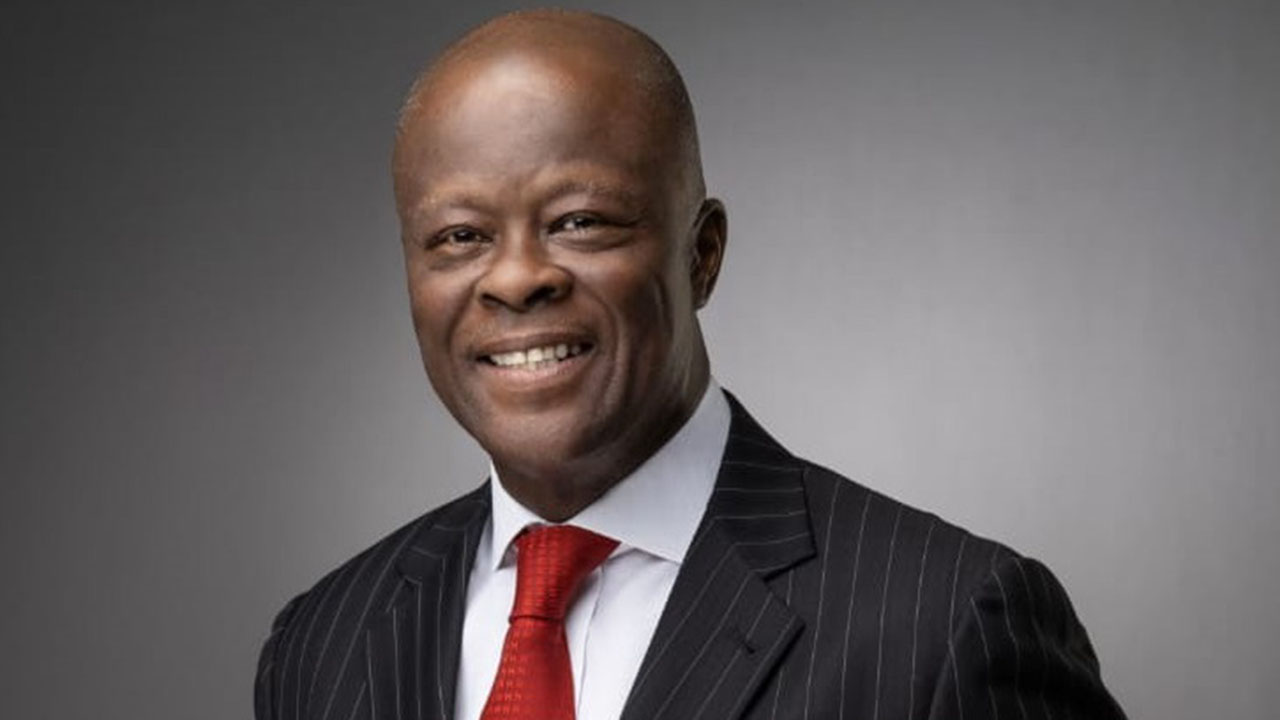FG nets N242bn from marine sector, targets $7bn oil & gas investment
The Minister of Marine and Blue Economy, Gboyega Oyetola, has said that his ministry recorded a revenue of N242 billion in the first quarter (Q1) of 2024. During the ministerial press briefing on Tuesday in Abuja, Oyetola said the revenue recovered represented a 92 per cent increase from the N126bn recorded in Q1 of 2023. […]

The Minister of Marine and Blue Economy, Gboyega Oyetola, has said that his ministry recorded a revenue of N242 billion in the first quarter (Q1) of 2024.
During the ministerial press briefing on Tuesday in Abuja, Oyetola said the revenue recovered represented a 92 per cent increase from the N126bn recorded in Q1 of 2023.
“A comparison of Q1 of 2023 against Q1 of 2024 revenue performance across the agencies reveals a 92 per cent increase. The increase in revenue performance has largely been due to a 10 per cent increase in the number of vessels calling at our ports due to strategic investments in port infrastructure in the last one year; mooring boats, patrol vessels and dredging of the ports’ channels,” he added.
Also, the Minister of Finance and Coordinating Minister of the Economy, Wale Edun, stated that the government of President Bola Tinubu was not responsible for the economic conditions that led to the shutdown of about 800 companies in 2023.
First anniversary: Nigerians demand better deal from Tinubu
NASFAT to BoI: Don’t exclude Muslims from your intervention programme
In a statement on Tuesday, Edun’s explanation was coming on the heels of an earlreport in February by the Manufacturing Association of Nigeria (MAN) indicating that about 767 manufacturing companies shut down operations in Nigeria in 2023.
In addition, the association noted that another 335 companies were in distress financially in the same year.
Edun explained that the departure of the companies from Nigeria’s economic landscape did not happen overnight; but that factors like market instability, unfulfilled promises and breaches of contract forced them out.
He added that the issues were currently being addressed by the current administration.
He explained that, “Our government inherited the assets and liabilities of the previous administration. The 800 companies or so did not make up their minds overnight. They stayed until they could stay no more.
“The conditions which sent them packing are no more. Those conditions were a foreign exchange market that was in no way fit for business where there was no liquidity.
“They were the general economic regime marked by instability, broken promises, lack of adherence to contract and so on.
“The new environment which investors face is one in which inflation is being attacked which will eventually lead to lower interest rates where investors can use the very vibrant domestic market to add their own equities and invest.”
We expect $7bn investment in oil & gas sector
Edun also disclosed that the oil and gas sector received approximately $7bn investment pledge due to the new incentive frameworks introduced by President Bola Tinubu’s administration.
He said that the investment had been dormant for years, awaiting the appropriate economic conditions for inflow.
He also highlighted the CNG-fueled conversion programme as part of the administration’s policy framework to drive growth.
He said, “CNG is a government policy not just for vehicles, but for generators. They have to be either CNG-fueled or solar-based or electric vehicles.
“That is the new incentive structure. And it continues also in the oil and gas sector. There has just been a new set of incentives that are encouraging new investments.
“We expect $7bn worth of investments that have been sitting on the sidelines to now come in.
“A stable, growing economy attracts investment that increases productivity, grows the economy further, creates jobs and reduces poverty. That is the trajectory that Nigeria is now on.”
Nigeria’s economy recording positive growth
The minister also disclosed that Nigeria’s economy was returning to the path of positive growth with a Gross Domestic Product (GDP) growth rate of 2.98 per cent in the Q1 of 2024.
He said the 2.98 per cent growth rate was higher than last year’s GDP growth rate of 2.31 per cent.
Speaking on interventions of the government in the last one year, he said, “Efforts have been made to improve food security, with N200bn allocated to programmes.
“Also, access to credit has also been improved, with N100bn allocated to consumer credit and grants of N50,000 being given to one million nano industries.”
Nigeria attracted $3.5bn investment to textile industry in 1 year – Industry minister
The Minister of Industry, Trade and Investment, Doris Uzoka-Anite, said the federal government has secured $3.5bn in investments to enhance Nigeria’s textile, cotton and apparel sector in one year.
She said the investment was part of the ministry’s initiative to rejuvenate the long-dormant textile industry.
Similarly, the minister highlighted that, “Over 16,000 jobs have been created in the past year, through programmes and interventions by the Small and Medium Enterprises Development Agency of Nigeria (SMEDAN). Such programmes include the National Business Skills Development Initiative (NBSDI), Conditional Grant Scheme (CGS) and General Enterprise Development Training (GEDT).”
She noted that, “The federal government, under the auspices of the ministry, generated N430m in the first quarter of 2024 from the Lagos International Trade Fair Complex, which is significantly more compared to the N17.9m accrued in the same period in the previous year.”
